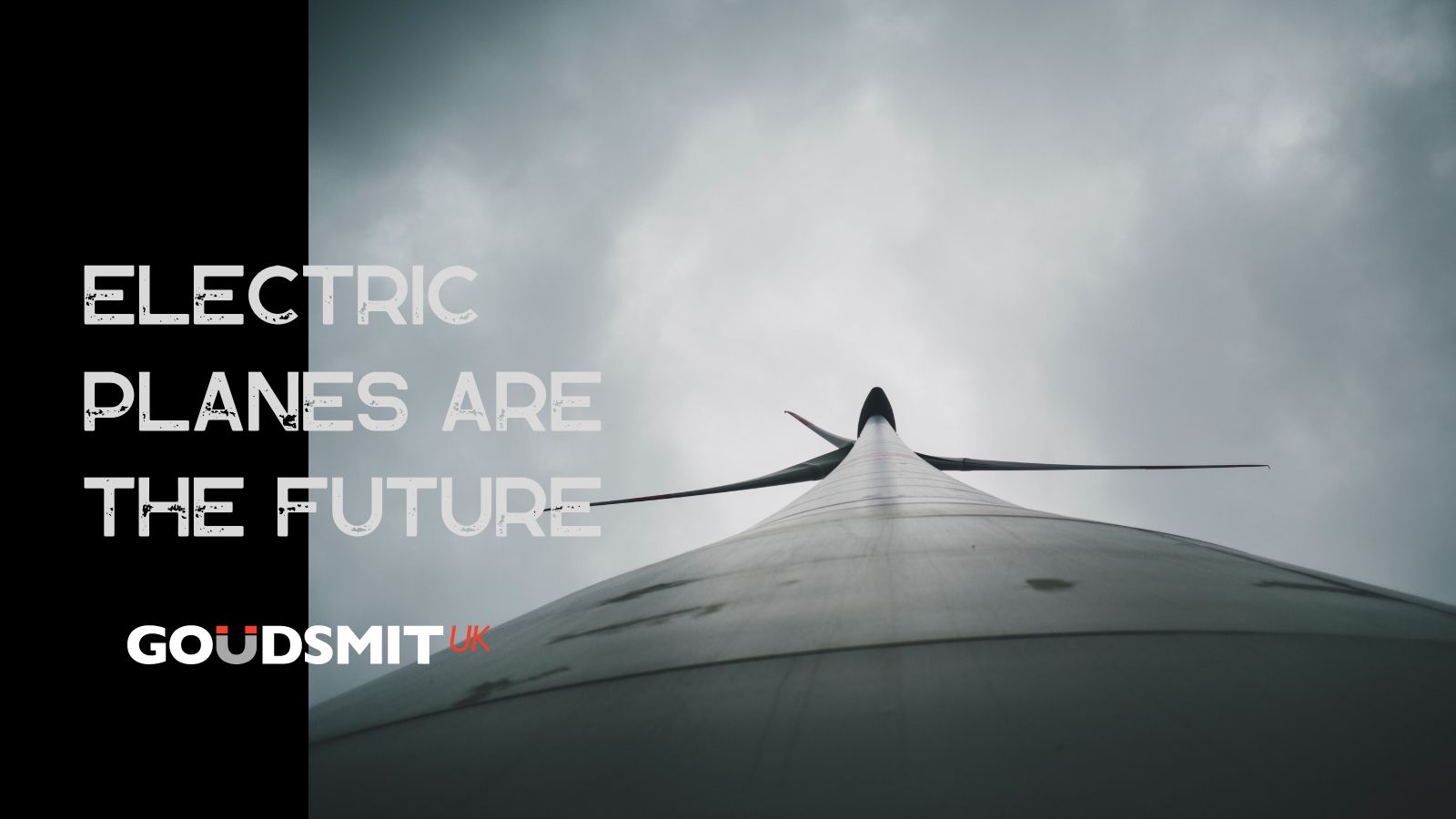Both environmental and financial benefits would emerge if aircraft’s had the ability to be powered by electric motors rather than jet fuel. Having realised this, industry experts have already started to implement steps in order to achieve electric aircraft’s. For instance, trials have started on aircraft taxiing and airlines such as EasyJet have stated that they will release electric planes within the next decade for all short haul flights.
Electric flight getting closer
If airlines like EasyJet were to successfully implement this, it would result in annual savings of £73,000,000 in jet fuel, alongside a significant reduction in CO2 emissions. Magnets are a vital component in an electric motor, with significant progress having been made in this particular field when it comes to electric planes.
Electric aircraft’s would also reduce noise pollution in addition to other environmental and finical benefits. This shift toward electric power reflects that of the automotive industry, where battery-powered vehicles by brands including Tesla are becoming increasingly popular.
It’s been suggested that once airborne, electric aircraft’s could easily power long haul passenger flights. Solar panels mounted on the wings and fuselage could boost electric power in flight, reducing the battery load. However, the problem remains with getting the aircraft airborne in the first place since this requires a great deal of power.
Improving the batteries
The weight of the battery is the main reason why fully electric long-haul flights are not yet possible. A Boeing 747 can hold more than its own weight in jet fuel, 190,000 kg. If aircraft’s carried the same amount of energy in the form of batteries, the battery would weigh almost 10 million kilograms. Therefore, the aeroplane would not be able to take of. Generating energy isn’t a problem, but storing it is. This is the problem that every aeroplane and battery manufacturer is trying to solve. Improving batteries to the point where they can hold enough energy on a much smaller scale to achieve longer distances.
In the automotive industry, exceptional developments have already been made for electric cars. Tesla alone have already successfully reached a range of 500 – 600 kilometers. However, the battery pack does weigh ±500 kg, while a traditional combustion engine weighs around 150kg. Therefore, weight reduction remains a huge problem.
Domestic flights
Although long-haul flights are likely to see much more developments before being introduced into the aerospace industry. Shorter distances, such as domestic flights, are more likely to be possible in the coming years. EasyJet have already announced that electric aircraft’s could be used for flights under two hours or 335 miles, which would cover up to 20% of their routes flown. Including UK and European short-hauls such as London to Paris and Amsterdam, and Edinburgh to Bristol. The airline stated that every short haul flight could be electric within 20 years. Also, Norway have announced that by 2040 all short domestic flights must be electric. This is achievable, since the distances flown will not exceed 1500 km. The batteries you need for such distances are not too big or too heavy, therefore enabling an aeroplane to take off relatively easy.
Permanent magnets
Electric motors contain permanent magnets that rotate around a coil, or a coil that rotates around permanent magnets. These are used to generate energy, which is stored in batteries. These batteries in turn supply electricity to cars, wind turbines, aeroplanes, and ships. Recent advances have enabled batteries to store more than five times as much energy as at the beginning of the battery age. Alongside the battery, an aeroplane contains many other permanent magnets, such as those in actuators. Therefore, developments in the field of magnetics are progressing too.
Future
Along with the aerospace and automotive industries, many other industries are beginning their transition to electric-powered applications. With this, more and more magnets will be needed. Goudsmit UK have the knowledge, experience and expertise to manufacture bespoke magnets and magnetic assemblies to optimise your application.
We can radius magnets, which allows them to be placed closer to the windings, resulting in greater efficiency. We can now also perform FEM calculations, so we can determine how much force a magnet will exert in a specific application. Moreover, we are one of the few magnet suppliers to have earned the AS 9120 certification for the aerospace industry.
Contact us today for more information at info@goudsmit.co.uk or on +44 (0) 2890 271 001.
For more information download our products and services brochure here.







